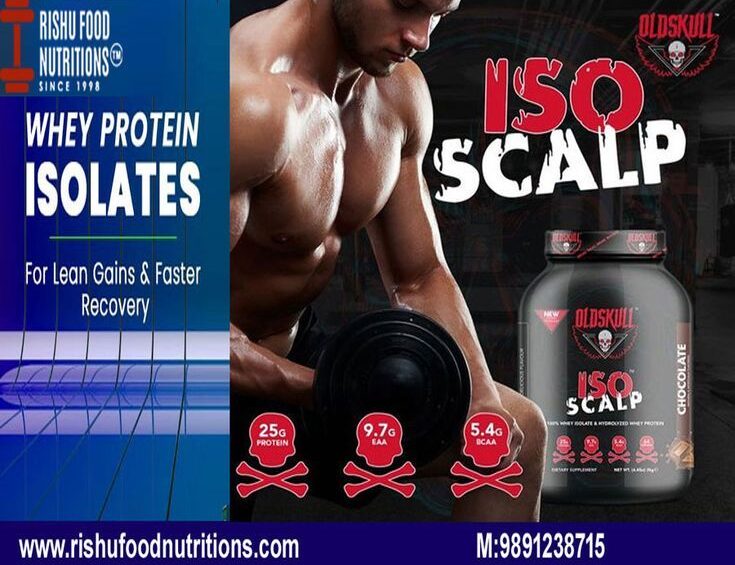Bodybuilding supplements are recognizable to you if you’re a bodybuilder, weightlifter, MMA fighter, or athlete. Instead of referring to a single supplement, the term “stacks” refers to a customized combination of many supplements. Shakes, bars, meal replacements (see below), nibbles, oats, gels, and powders are all examples of protein supplements. Whey protein is high in amino acids, which aid in muscle recovery. Casein protein contains glutamate and casomorphin (or milk protein).
Bodybuilders are the most common users of prohormones, which come in several forms. Creatine, a naturally occurring chemical acid, provides energy to muscle fibers. Creatine consumption for a long length of time or in excess may be harmful. Increase the time between HMB injection and activity to reduce exercise-induced muscle damage. Arsenic, cadmium, lead, and mercury was found in a range of protein powders evaluated by Consumer Reports in 2015.
Herbal or dietary supplements account for around 16–20 percent of supplement-related injuries. Green tea catechins, anabolic steroids, and Angeline, a plant component, have all been linked to these issues. Some argue that there isn’t enough evidence to back up the usage of protein or amino acid supplements in bodybuilding. You will get the most out of your rigorous activities if you take the right vitamins. You can increase the effectiveness of your efforts if you know what to take, how much to take, and when to take it.
The most effective technique to raise muscle creatine stores is through creatine loading. Take 5 grams of creatine daily for 28 days to attain the same results as a loading regimen without the 2–4 pound weight gain. Although citrulline malate (CM) was originally marketed as an “anti-fatigue” supplement, it has recently been shown to have additional health benefits. 6 to 10 grams of protein before or throughout your workout is a good place to start. When multiple-bout resistance workouts are employed, CM may improve training performance.
Glutamate is an amino acid that is required for the body’s acid-base equilibrium. Consume 20 to 30 grams each day, with 10 grams consumed soon after your workout. Fish oils include a lot of omega-3 fatty acids, which have a lot of health benefits.
It is lactose-free and provides all nine necessary amino acids. Whey protein is a high-quality source of complete protein. Separate casein from milk or make cheese to get whey protein. Whey protein provides a host of other benefits besides weight loss and anti-cancer properties. Children with asthma who were given ten grams of whey protein twice a day for a month saw an improvement in their immune responses. The use of whey protein may cause weight reduction in HIV-positive people to be delayed.
It can cause stomach pain and cramps at low doses, but other adverse effects are uncommon. Whey protein supplementation combined with resistance training provides several advantages over overweight training alone. In two groups of males who were both resistance-trained, whey isolate had a better effect on strength, muscle mass, and fat mass. Simply complete a brief test to get started. A new study from the University of Bergen in Norway contrasts an “ideal diet” with an “actual diet.” The long-term transition from a standard Western diet to an optimum diet could increase women’s life expectancy by 10.7 years and men’s life expectancy by 13 years. According to one study, eating a balanced diet at the age of 60 can help women live 8.0 years longer and men live 8.8 years longer. Consuming more legumes, whole grains, and nuts while consuming less red and processed meat can help you live a longer life. The Mediterranean diet, according to Dr.Bonaccio, is commonly regarded as one of the healthiest in the world. She feels that eating more fruits and vegetables is less healthy than eating legumes and grains. As a result, the vast majority of people are already benefiting from eating them

